How UK Publishing is Breaking Free from Tradition
By Ellie McWilliam
For years, larger publishing houses have controlled the UK media industry, deciding where trends lie and who gets a platform. Now, things are rapidly changing. A contemporary wave of radical innovation is giving authors, indie publishers, and even readers more power than ever. Thanks to self-publishing, crowdfunding, and new technology, the publishing world is opening up. Finally, the publishing enterprise is populating fresh voices and actively recruiting alternative ways to bring books to life.
More and more UK writers are skipping the traditional route and publishing their books themselves. Personal freedom tends to equal a more versatile yet level playing field. Platforms such as Amazon Kindle Direct Publishing (KDP) and an evolution of small presses make it easy for authors to get their work out there without needing a big-name publisher. This means more creative freedom, better royalties, and the chance to build a direct relationship with readers.
For this same reason, indie publishers are also thriving. Small presses like Comma Press, Influx Press, and And Other Stories are putting out unique and daring books that mainstream publishers might overlook. This shift is making the literary scene more diverse and exciting, giving new talent a real shot. The development of more niche small publishers such as Galley Beggar Press and Spectrum books (who specialise in LGBTQ+ literature) means the likelihood of censorship has been lowered. Furthermore, these publishing houses are popping up throughout the UK and not just settling in larger cities like London. By decentralising not only the industry itself but also accessibility to minority writers, books that matter most to many are able to be published.
Another major change is how books get funded. Instead of relying on big publishers, authors can now turn to readers directly. Crowdfunding platforms – e.g. GoFundMe and Unbound – let writers pitch their ideas, and readers pledge money to support the ones they would like to read most. It’s a win-win: authors get funding without losing control, and readers get to be part of the creative process. It also means that there is a guarantee that the books being produced are going to be sold, lowering losses for up-and-coming and working-class writers who don’t necessarily have the funds to accommodate for the alternative.
Publishing in the UK is no longer just for those who get picked by a big-name house. Though there’s a long way to go, there is less exclusivity within modern publishing and a larger sense of admiration for innovative writing/ideas. Authors now have more options, readers have more influence, and the industry is becoming more varied and exciting. As these changes continue, we’re likely to see an even bigger shift towards creativity, fairness, and fresh storytelling. The old way of doing things hasn’t quite dissipated, but the future of publishing is looking a lot more open and hopeful.
